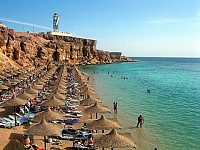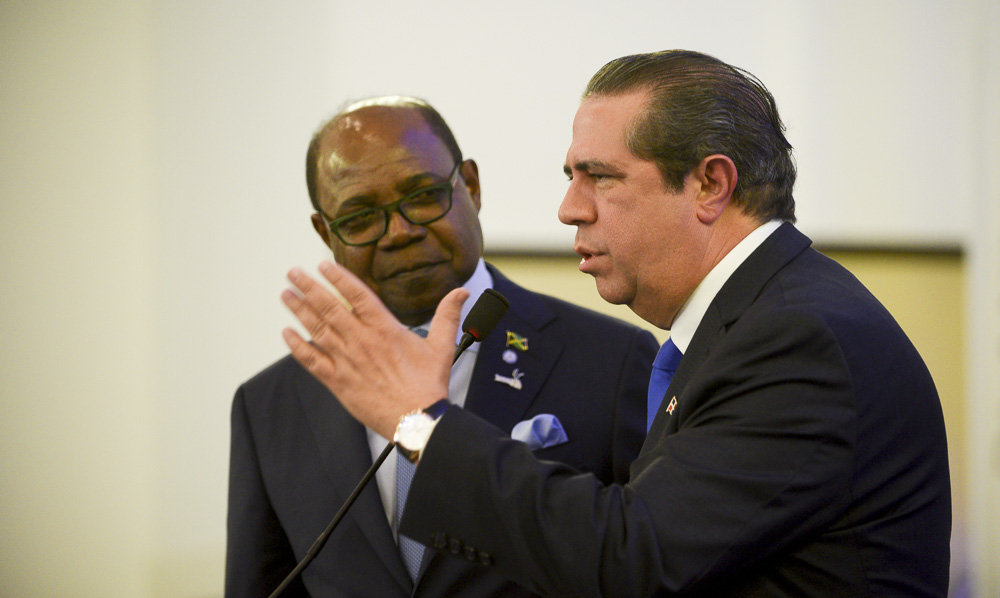
Despite the devaluation that the ruble, Russia’s currency, has suffered in the past year, the amount of Russian tourists traveling to Egypt has not been affected substantially, according to the Minister of Tourism in Egypt, Khaled Abbas Rami.
According to Mr. Rami, roughly 833,000 travelers visited Egypt from Russia in 2015’s first quarter alone representing a decrease in numbers by only 13 percent, as opposed to the expected 35 to 40 percent drop.
The minister also said that over 3 million Russian tourists visited Egypt in 2014, which is 400,000 more than in 2013. This is reassuring, as tourism makes up 11.3 percent of the country’s total economy and 19.3 percent of its revenues in foreign currency.
A sudden drop in international oil prices caused economic sluggishness in Russia, but this spring, the ruble is making a comeback, though it is not going to be utilized in tourism or in trade with Cairo as announced in January. Egypt and Russia were planning to use the Russian currency in mutual settlements in tourism and trade in an effort to maintain the flow of Russian tourists to Egypt.
Mr. Rami explained that he does not think it is possible for the time being. Egypt’s central bank does not allow rubles at the moment. It had been an idea for some time, but it never came to fruition.
In the spring, the economy in Russia, a nation that relies on energy exports, slowly began to come back from its brief slowdown, and the ruble has again achieved most of the value it had lost compared to other currencies.
In an attempt to more than double the number of tourists, Egypt has created a huge advertising campaign that will be present in 27 different countries. Mr. Rami explained that, in 2014, Egypt welcomed 9.9 million tourists, and that by the year 2020, Egyptians hope to increase this number to 20 million visitors per year.
The minister is confident that, by the year 2020, Egypt’s total tourist revenue would grow to around $26 billion. To make that happen, he said there was a current bidding war with 17 different marketing agencies to launch the aforementioned 27-country campaign this coming fall. The minister hopes the campaign will bring tourists to Cairo, Aswan, Luxor, and other less commonly-visited areas within the country. Tourists, he suggests, are getting a very narrow view of what all Egypt has to offer within its borders.
In addition to the ad campaign, the minister announced his plans to appeal to a religious base: he wants to bring religious tours into Christian holy places within the country, as well as classical tours of Egypt and spa, golf and desert tours. This, he says, will prove to the rest of the world that Egypt has made a comeback and is confident enough to invest in its own growing tourism industry, which was badly damaged by several years of political crises in response to the fall of its former president and the subsequent nationwide unrest.










